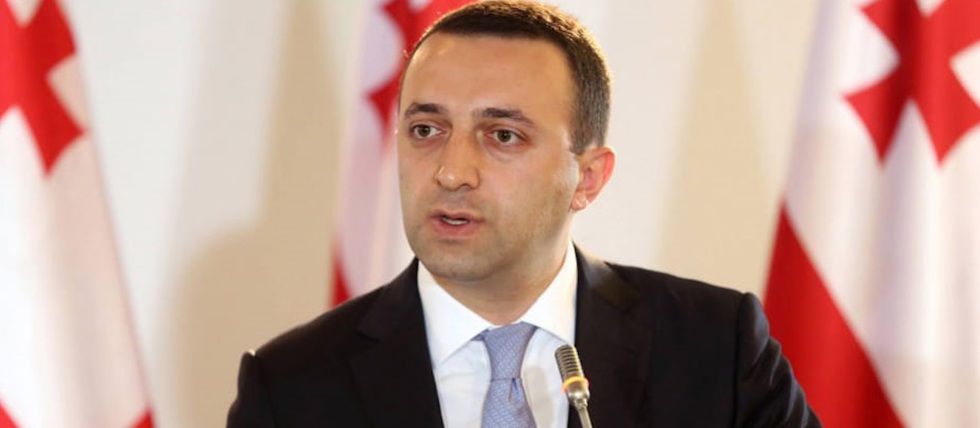Georgia Increases Tax to Curb Surging Gambling Turnover

In an effort to address the surging turnover of the gambling industry, the Prime Minister of Georgia, Irakli Garibashvili, recently announced significant tax increases on the gambling business.
During a government meeting, Garibashvili disclosed that the profit tax for the gambling sector would rise from the existing 10% to 15%, and there would be a change in the tax rate for the withdrawal of gambling winnings, with citizens now subject to a 5% tax instead of the previous 2%.
Georgia's Tax Adjustments and Regulatory Efforts
The decision to increase taxes on the iGaming industry comes in response to concerns about the growing prevalence of gambling in Georgia. Prime Minister Garibashvili expressed his dismay at the escalating turnover of the gambling business, emphasizing the need to address the issue. In 2022, the total turnover of the gambling sector in Georgia surged from 48 billion GEL to 52 billion GEL, a concerning and seemingly unsustainable trend.
Garibashvili acknowledged that despite efforts to curb gambling-related harm, a significant portion of the population remained involved in the industry. To combat this issue, the government had already implemented several measures in the previous year, such as banning gambling advertisements and restricting gambling access to citizens under the age of 25. However, these actions alone were not sufficient to deter participation in gambling activities.
The tax rate adjustments aim to provide an additional source of revenue for the government while discouraging excessive gambling. By increasing the profit tax on gambling businesses to 15%, the government hopes to collect more funds from this lucrative industry. Furthermore, the decision to increase the tax rate on withdrawals from gambling winnings to 5% is designed to reduce the financial incentives for citizens to engage in gambling activities.
Georgia's Multifaceted Approach to Gambling
The Prime Minister underscored the significance of these changes, not only as a means to generate additional revenue for the state but also as part of the broader effort to address the societal impact of gambling addiction and overindulgence. While the government acknowledges the potential economic benefits of the gambling industry, it also recognizes the need to strike a balance and prevent the negative consequences associated with excessive gambling.
In conclusion, Georgia's decision to raise taxes on the gambling business reflects a multifaceted approach to tackling the issue of growing gambling turnover. By increasing the tax burden on gambling operators and implementing a higher tax rate on withdrawals, the government aims to reduce the prevalence of gambling while simultaneously bolstering its budget. The impact of these tax adjustments on the gambling industry and the extent to which they can curb its growth remain topics of interest as Georgia continues its efforts to strike a balance between economic opportunities and responsible regulation.
More Regulation News
RELATED TOPICS: Regulation
Most Read
Must Read
 Interviews
Interviews
Sweepstakes Casinos: Thriving in an Ever-Changing Industry – Interview with Attorney Stephen C. Piepgrass
Feb 17, 2025 Interviews
Interviews







Review this New Post
Leave a Comment
User Comments
Comments for Georgia Increases Tax to Curb Surging Gambling Turnover